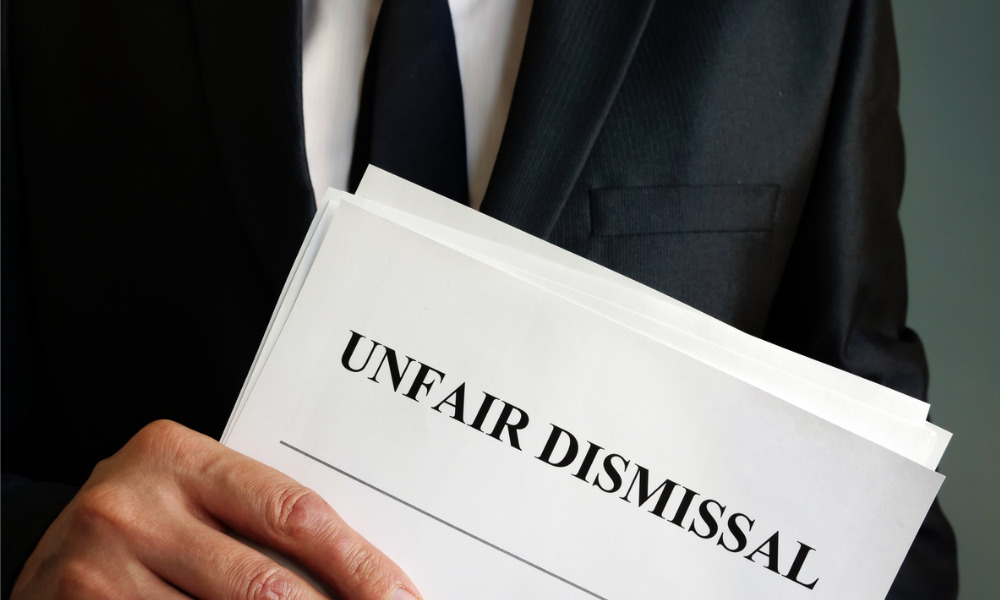
Fair Work clarifies a case where employer and employee had two different dates

The Fair Work Commission (FWC) has recently decided over an unfair dismissal claim where the employer and employee had different reference points as to the date of dismissal.
In past FWC decisions, the reference point is significant since the law requires that an eligible employee file an unfair dismissal application within a 21-day period. The employer argued that the period had lapsed while the employee said the application was filed on time.
The employee worked as a full-time marketing specialist. In mid-September 2021, she received formal warnings from her employer about her conduct. On 30 September, she said she received the notification of dismissal which stated that it would take effect on 14 October.
For the employer’s part, it argues that the dismissal was on 30 September. The employee then submitted a termination letter from the employer which stated that her employment would end on 14 October, saying the latter would notify the Department of Home Affairs of the change in the employee’s work status since she is employed on a working visa. The employee also submitted confirmations from the said department that confirmed the said date.
Her employer objected to the application on various grounds including that application was not lodged within 21 days of dismissal, saying that her dismissal took effect on 30 September 2021
The FWC decided in favour of the employee, saying that the termination letter “clearly stated” her employment would end on 14 October.
The FWC said the employee “could not have known that dismissal took effect immediately” and the letter from the Department of Home Affairs “made it entirely reasonable” for the employee to understand employment would end in October. Thus, the employee filed the unfair dismissal application on time.
In this case, the FWC has reminded HR of the following guidelines:
1. A dismissal does not take effect unless and until it is communicated to the employee who is being dismissed. An employer must not terminate an employee's employment unless the employer has given the employee written notice of the day of the termination (which cannot be before the day the notice is given).
2. A notice of termination may still be valid even if it is stated to take effect subject to a condition, such as a future date, provided that the notice clearly expresses the condition; the condition has been satisfied; and the employee is in a position to know that the condition has been satisfied.
3. Where payment in lieu of notice is made, the dismissal usually takes effect immediately.